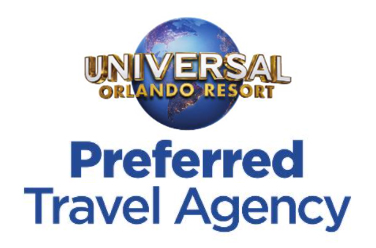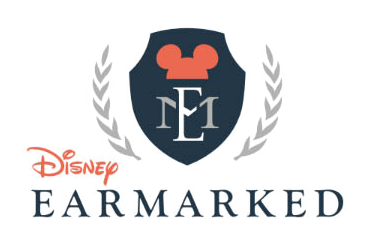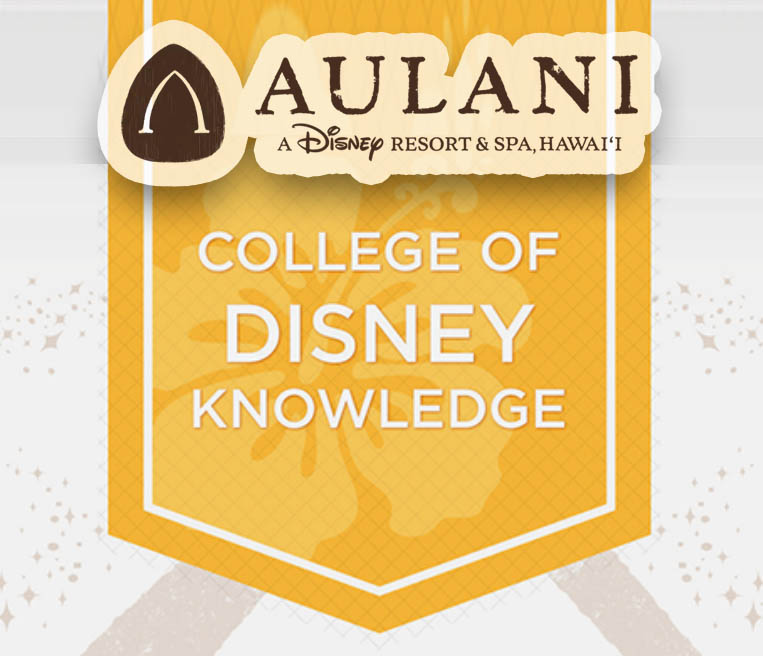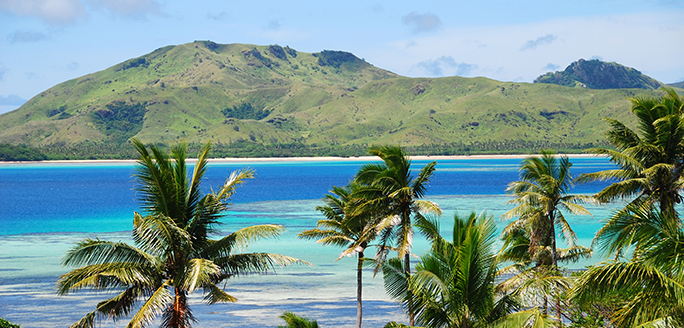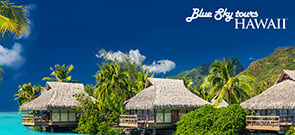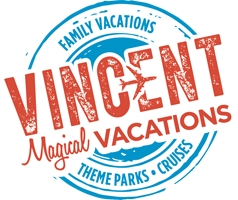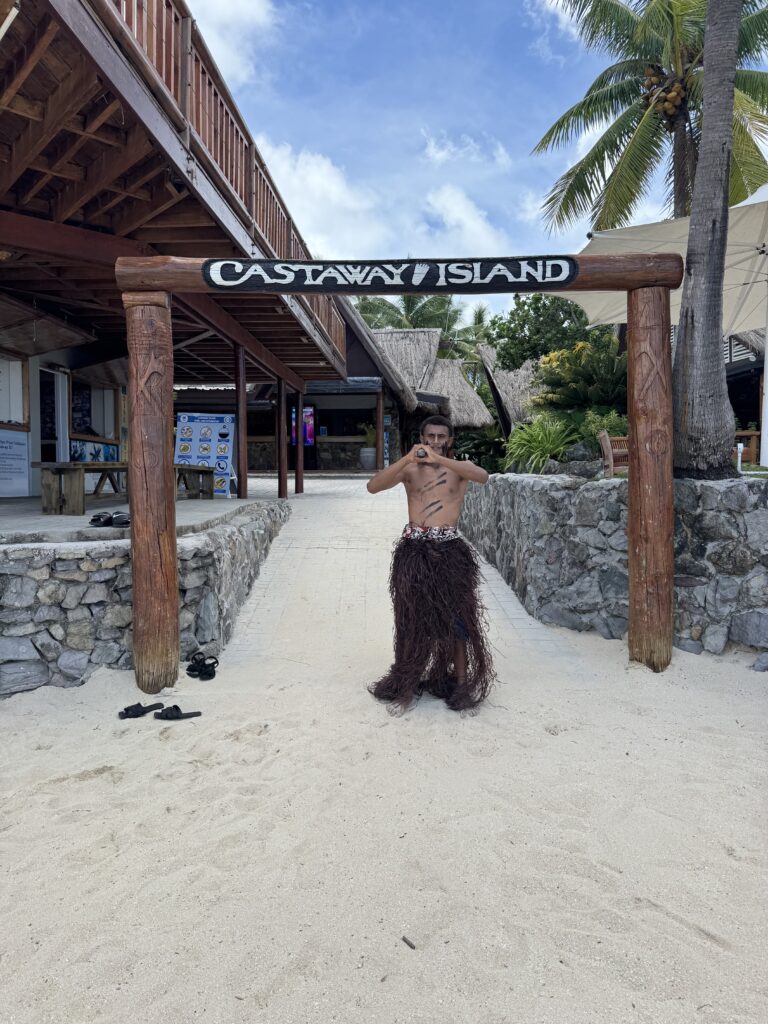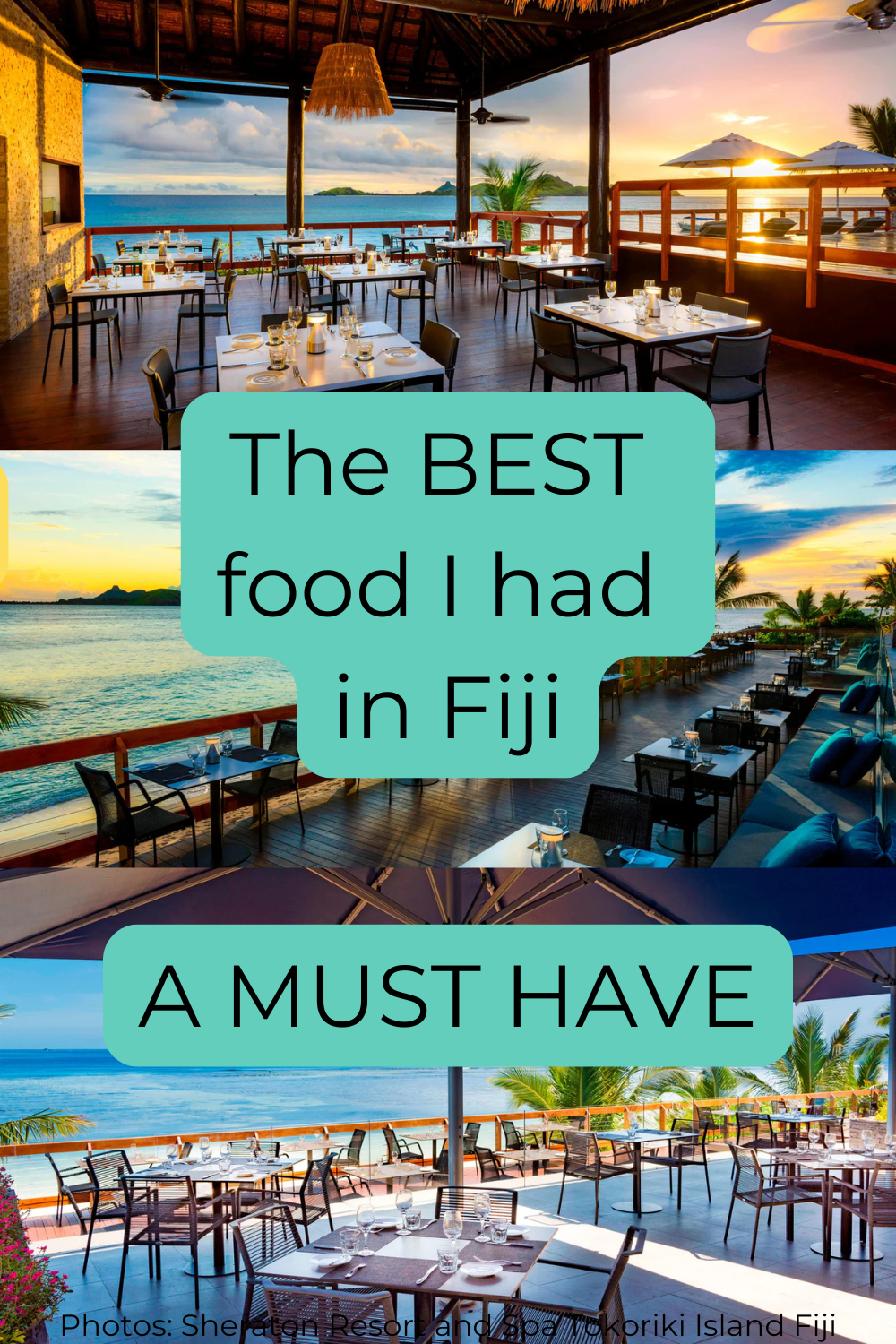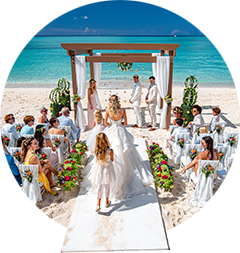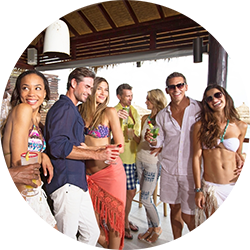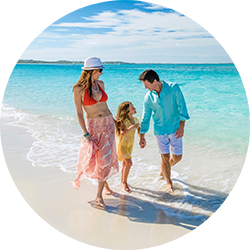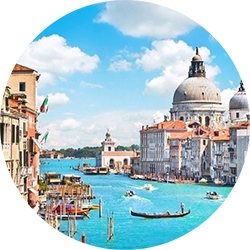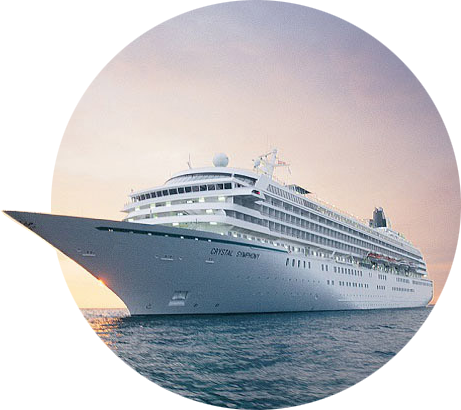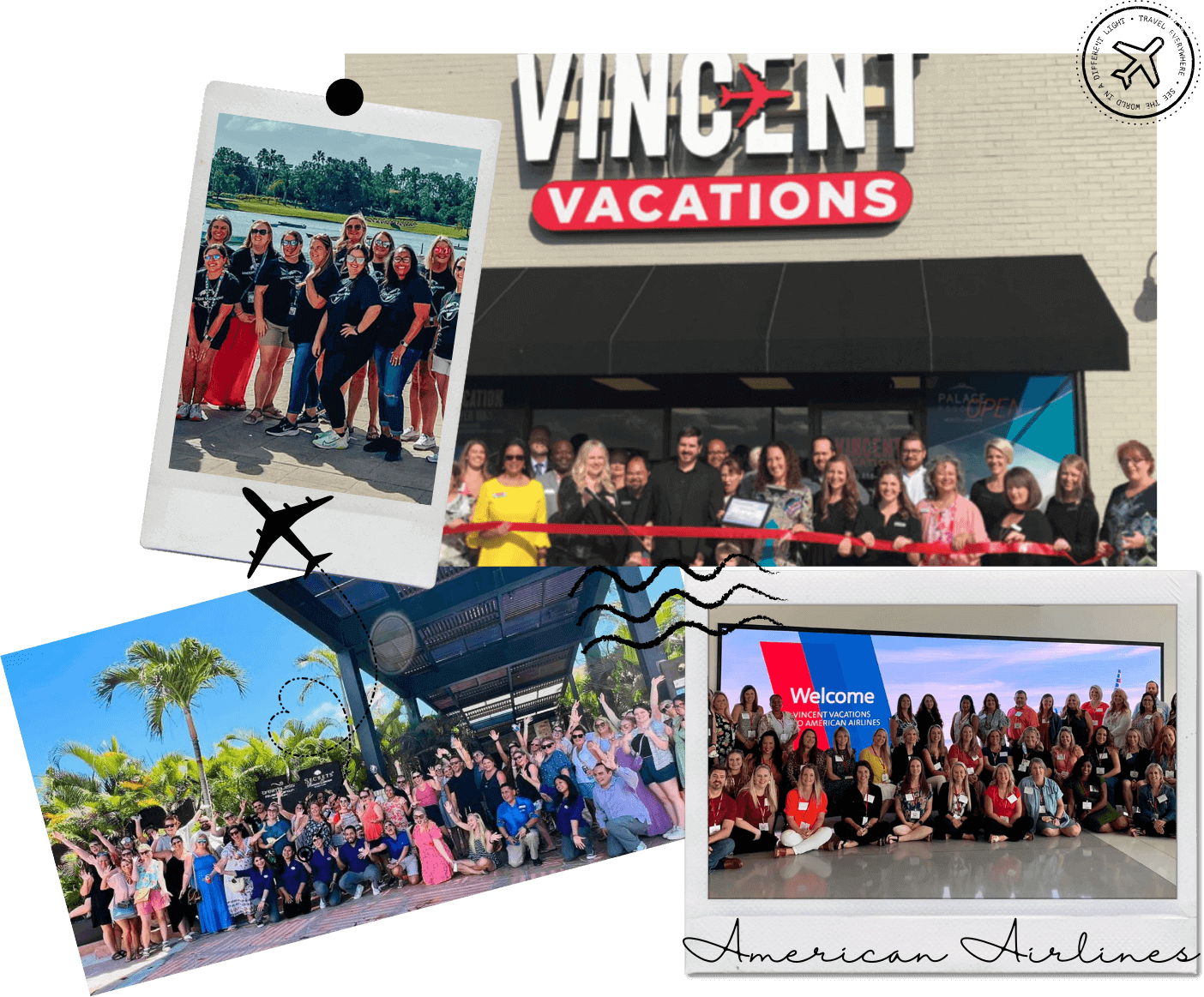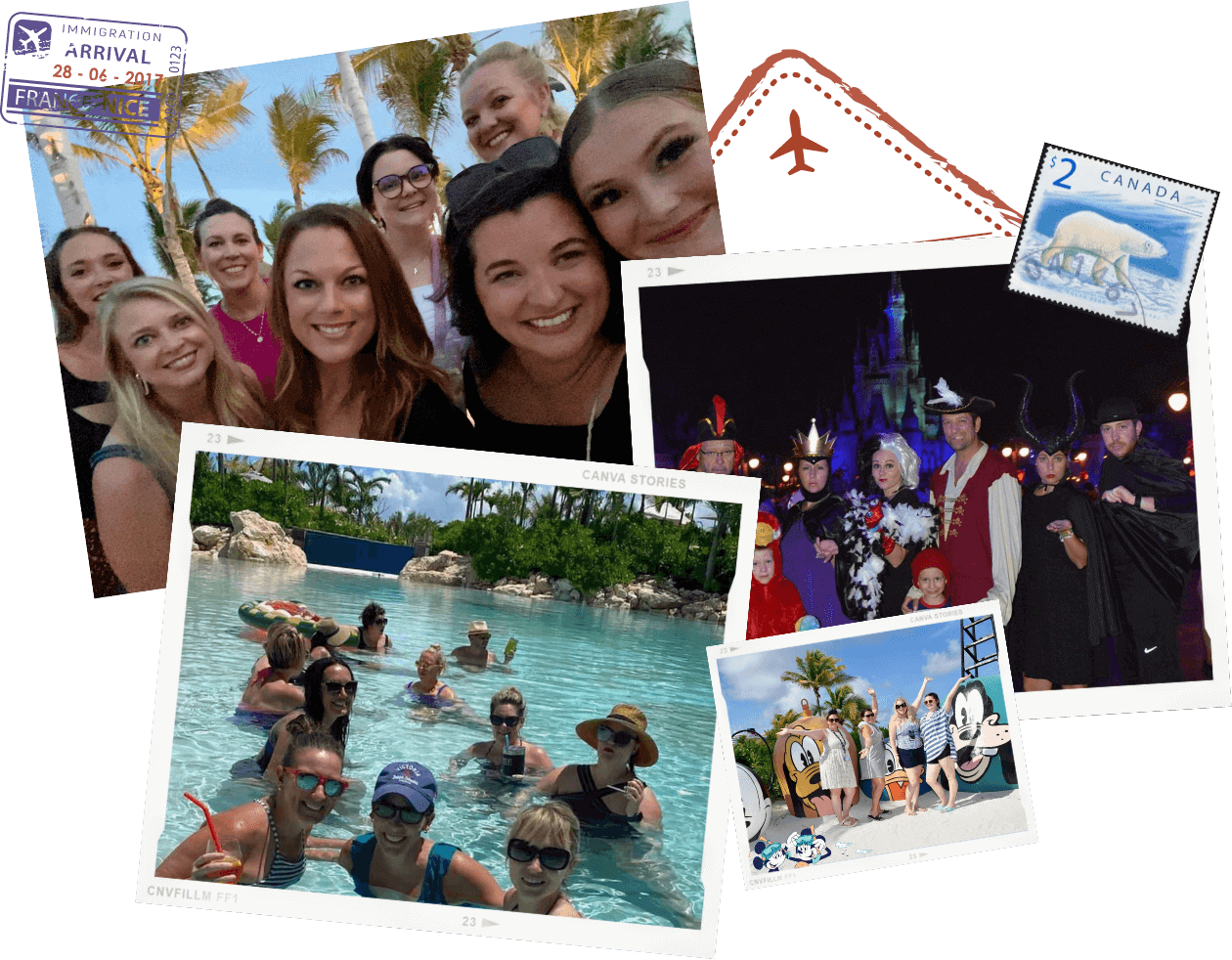We recognize that Disney vacations are not just an investment, but often the highlights of our lives, and we take that responsibility seriously. We want to ensure you have the best vacation experience.
Interested in a job in travel? Click here to learn: How to Become a Disney Travel Agent
Overview
Introduction
Although Fiji has palm-lined beaches and coral reefs like many other parts of the South Pacific, it's often the people of the islands, rather than the scenery, that make it memorable. Their friendliness to visitors is well-known, expressed with a pleasant bula (welcome) and an invitation to join them for a bowl of tongue-numbing kava.
A Fiji vacation promises a lot of enjoyable possibilities: exquisite scuba diving, lovely natural surroundings and an appealing range of places to stay—from secluded, eye-poppingly expensive resorts to pleasant guesthouses on the beach to simple accommodations with local villagers.
Geography
Located 1,300 mi/2,100 km east of Australia, the Fiji archipelago is made up of thousands of islands. Only 333 islands are considered large enough to support humans, and of these, just 111 are inhabited. Most remain uninhabited because of the lack of fresh water.
Most of the islands are volcanic, although none of Fiji's volcanoes are active. On the two largest islands, Viti Levu and Vanua Levu, sharp peaks and rock outcroppings punctuate lush vegetation.
History
Fiji's first settlers were Melanesians, who arrived there some 3,500 years ago. When European explorers landed in the islands in the late 1700s, they discovered that outsiders could expect a warm welcome—in a Fijian oven. The islanders' custom of eating intruders and other undesirables didn't cease until 1874, when Fiji became a British colony.
As they did elsewhere in the region, the British imported laborers from India to work the sugar plantations. Today, those workers' descendants make up about 44% of Fiji's population, with indigenous Fijians making up more than half. Although the new constitution makes everyone a "Fiji Islander" from a legal standpoint, mixing between the two groups is minimal, and informal segregation runs deep at almost every level of society.
Although ethnic tensions flared shortly after the nation gained independence from the U.K. in 1970, Fiji enjoyed relative peace until 1987, when elections seated a coalition government dominated by ethnic Indians. A coup led by Sitiveni Rabuka, a native Fijian military leader, overthrew the civilian government. A new constitution was written giving preferential treatment to ethnic Fijians. Pressure from the international community led to changes in the constitution in 1997, which resulted in the election of another Indian-controlled government in 1999.
In May 2000, a radical group of ethnic Fijian nationalists launched an armed takeover of the parliament. After a two-month standoff, government forces thwarted the takeover, revoked the 1997 constitution and appointed an interim civilian government. Under pressure from the international community, the interim administration drew up a new constitution and held democratic elections in 2001. The predominantly indigenous Fijian SDL Party, or Soqosoqo Duavata ni Lewenivanua, won the elections and later survived a Supreme Court challenge to its legality. Key leaders of the 2000 uprising, including Fiji's incumbent vice president, were convicted and sentenced to long prison terms.
The most recent coup in 2006 was confined primarily to the parliament house, where Frank Bainimarama took control until his Fiji First party officially won the general election in September 2014. A new constitution was adopted in 2013, and presidents are now elected by the Parliament.
Snapshot
Fiji's foremost attractions are fascinating cultures, fire walking, world-class scuba diving and snorkeling, hiking, surfing, ocean kayaking, yachting, windsurfing, white-water rafting, good beaches, cruises, delicious food and small, out-of-the-way resorts.
Those looking for crystal clear water and slow-paced island life will enjoy Fiji. However, anyone who goes there should be aware that other Pacific islands have more lush, tropical scenery and better beaches (many of Viti Levu's beaches turn into rather ugly tidal flats at low tide). For the white-sand beaches and blue lagoons of the brochures, one must travel to the Mamanuca and Yasawa island groups.
Potpourri
Try to attend a fire-walking ceremony. There are two types. Fijian fire walking—actually walking over hot stones—is performed at hotels for tourists. Although totally commercial, it's still fascinating. Indian fire walking over glowing embers is done only for religious purposes and is very difficult to find out about, much less to see.
Kava is the national drink of Fiji. It is made from the powdered root of a plant from the pepper family, mixed with water in a traditional tanoa bowl. It's a mild narcotic and can cause tingling and numbness of the mouth.
An interesting dance widely performed for tourists is the meke, where Fijian legends are acted out by costumed dancers.
Wars in Fiji traditionally have been unkind to the vanquished. Torture and cannibalism were common less than two centuries ago, which explains why an outnumbered band of Fijian warriors on the island of Wakaya chose to leap over a cliff rather than be captured by a neighboring army. The cliff today is known as Chieftain's Leap.
Among divers, Fiji is known as the "Soft Coral Capital of the World" for the abundance of colorful soft corals in its waters.
The Cousteau Fiji Islands Resort, located along Savusavu Bay on the island of Vanua Levu, is partly owned by Jean-Michel Cousteau, son of Jacques Cousteau, the famed underwater explorer. (Prior to his death, Jacques took great pains to keep his distance from his son's resort project.)
Only 10% of Fiji's land is privately owned "freehold" land. The government owns another 7%, but the remaining 83% is inalienable Fijian communal land, which can be leased but not sold. Control of the land has allowed indigenous Fijians to preserve their traditional culture to the present day. Outside the towns, most Fijians still live in small villages governed by hereditary chiefs, supporting themselves through agriculture and fishing. Isolated houses in rural areas are almost always occupied by Fiji Indians who grow sugarcane on leased Fijian land.




